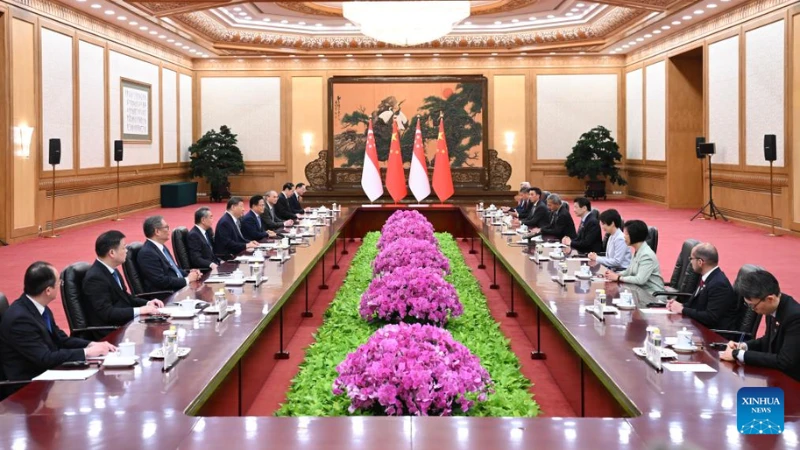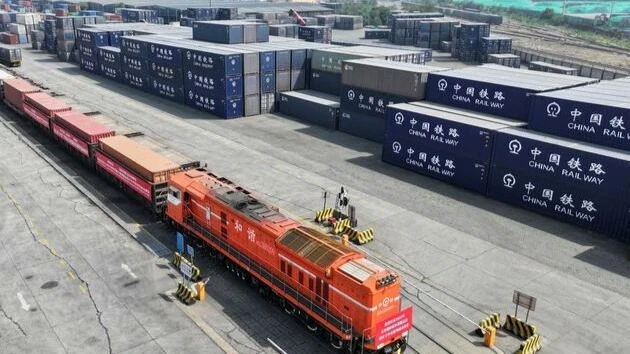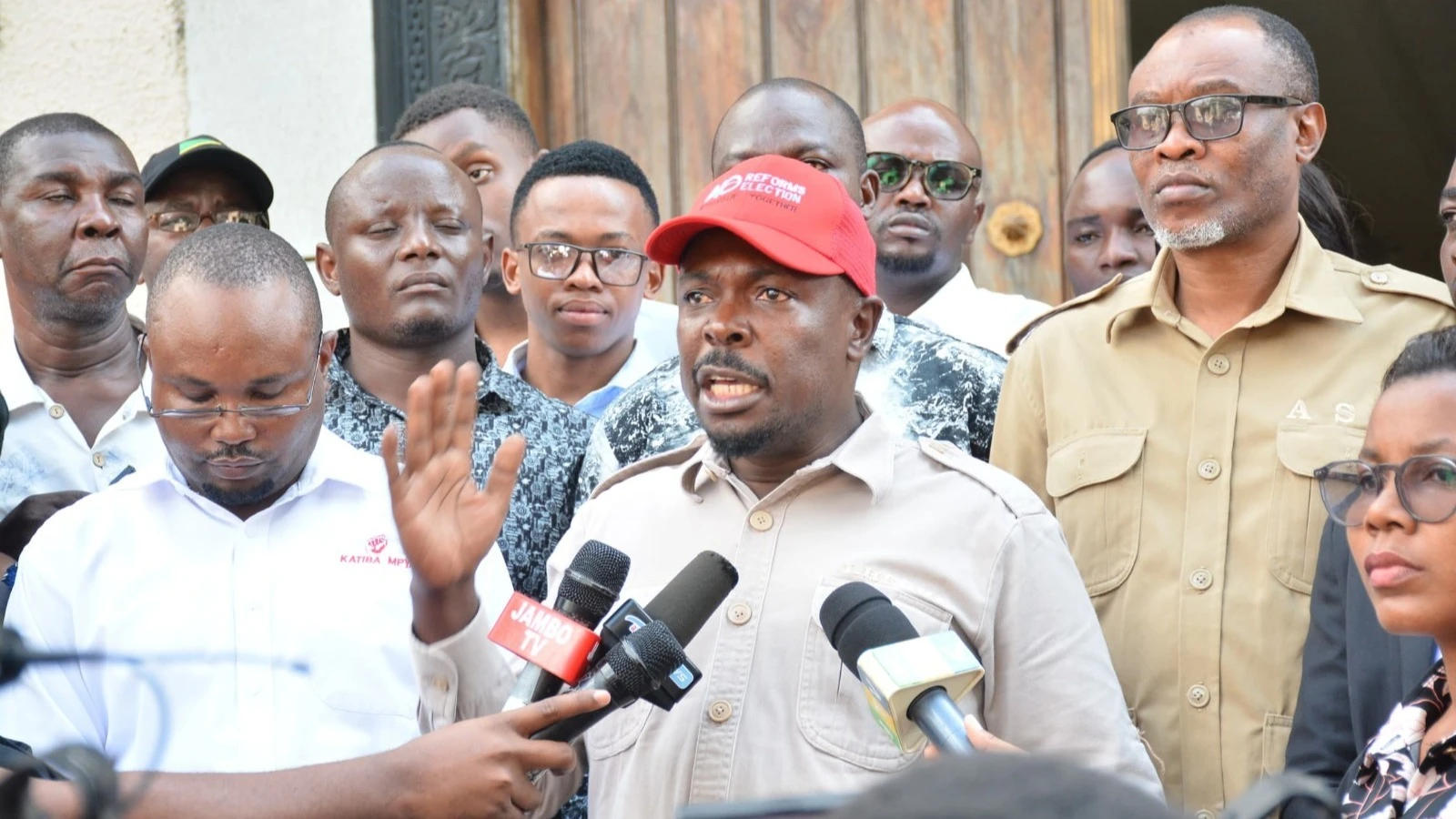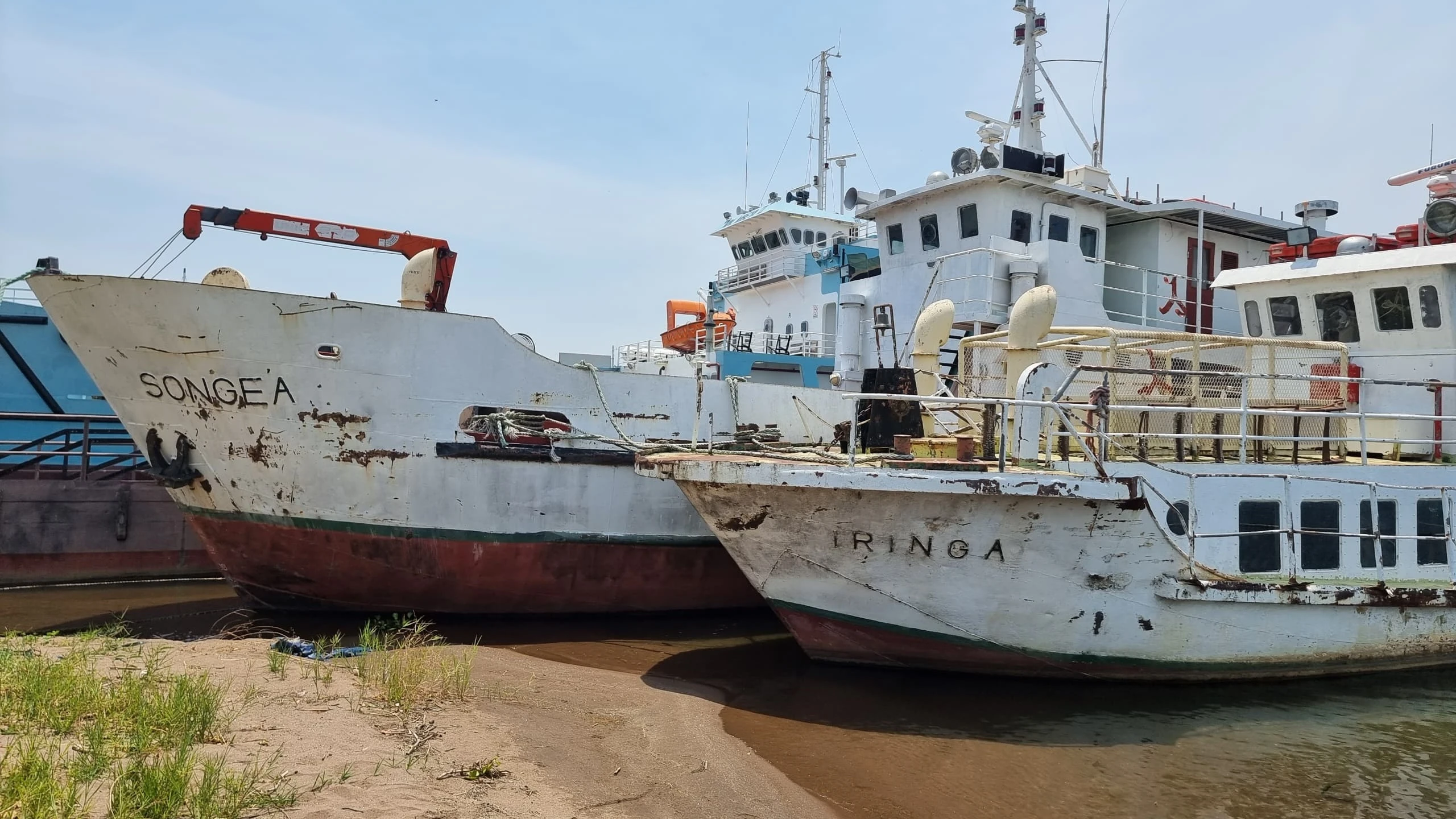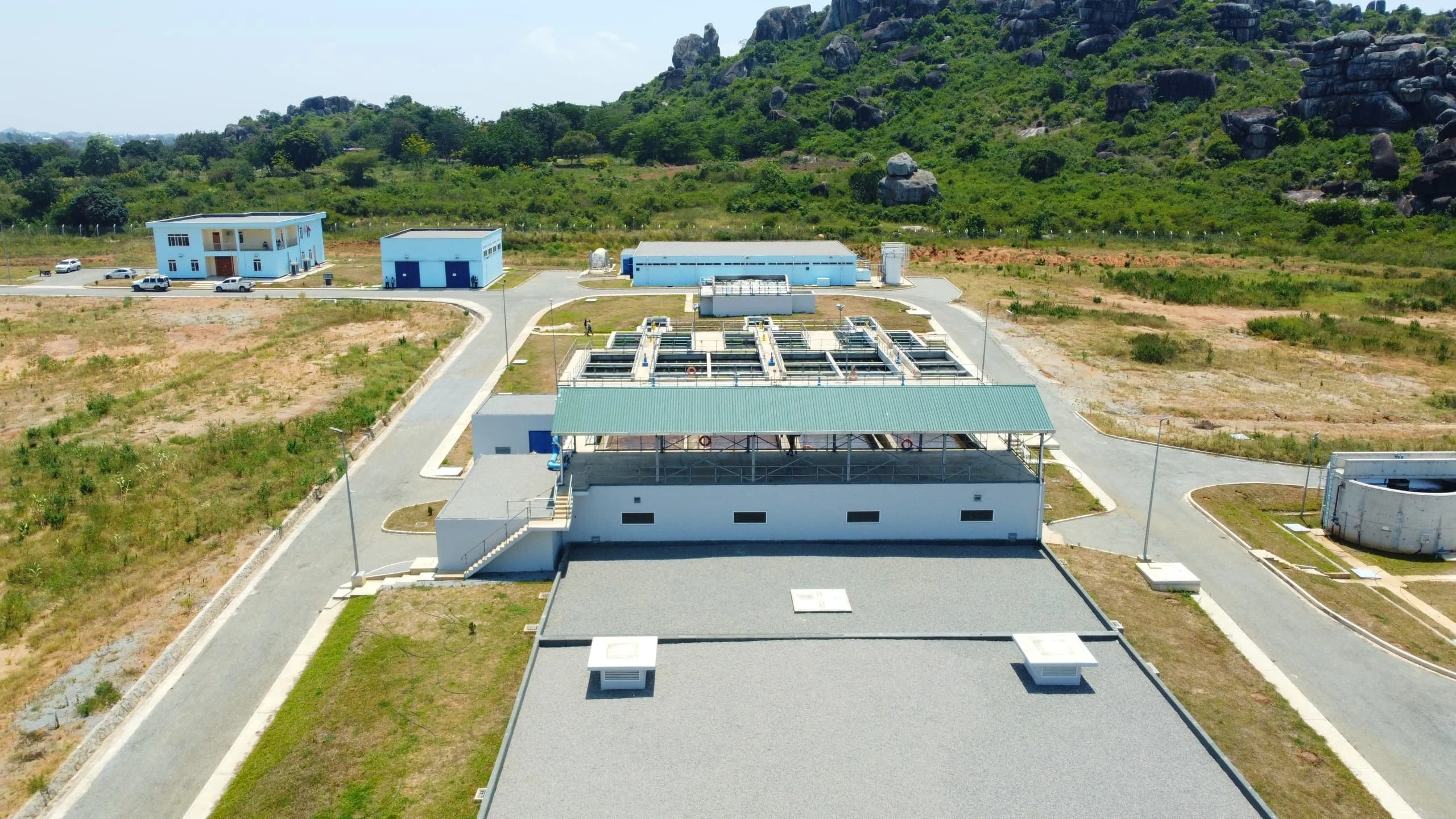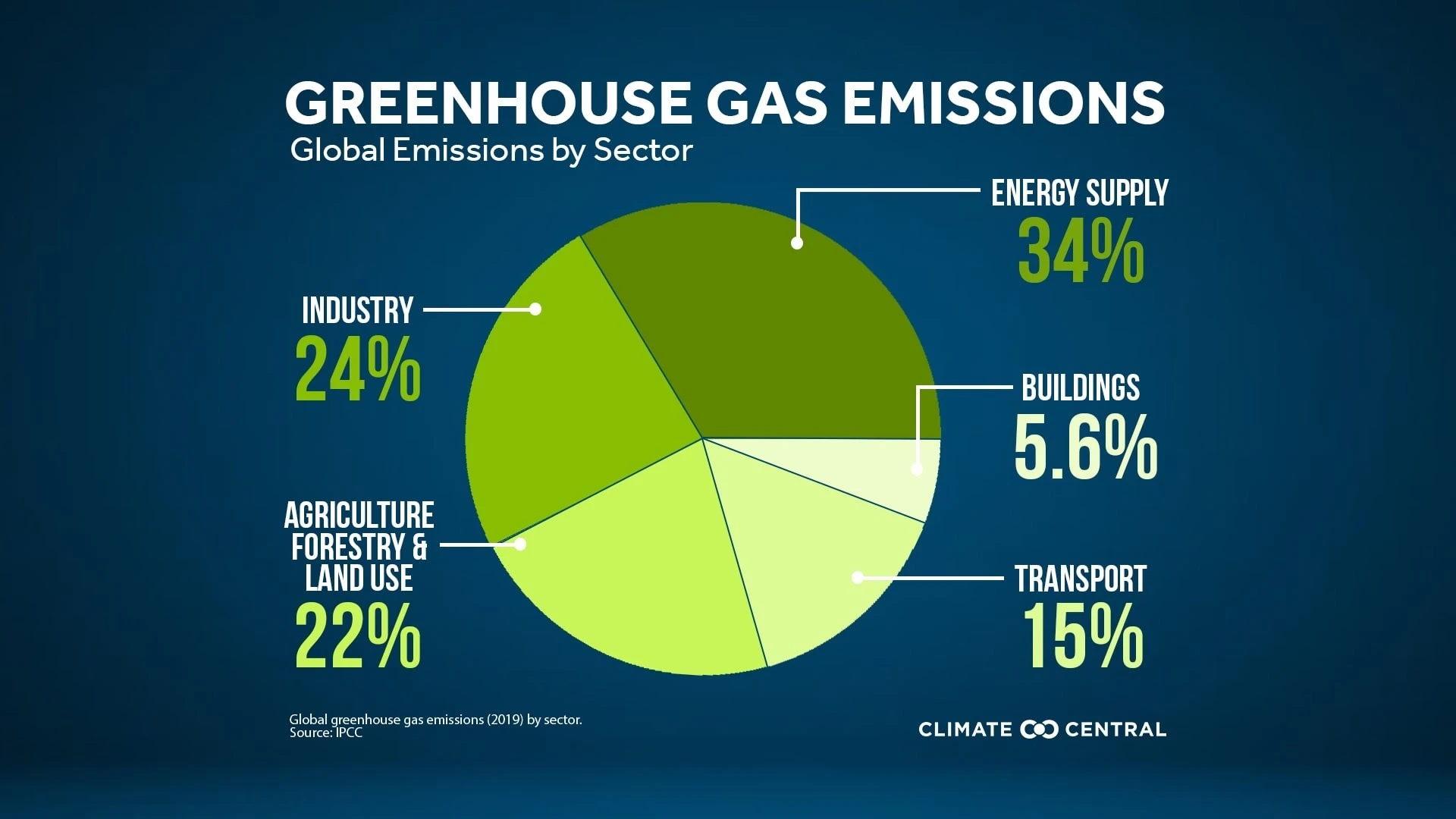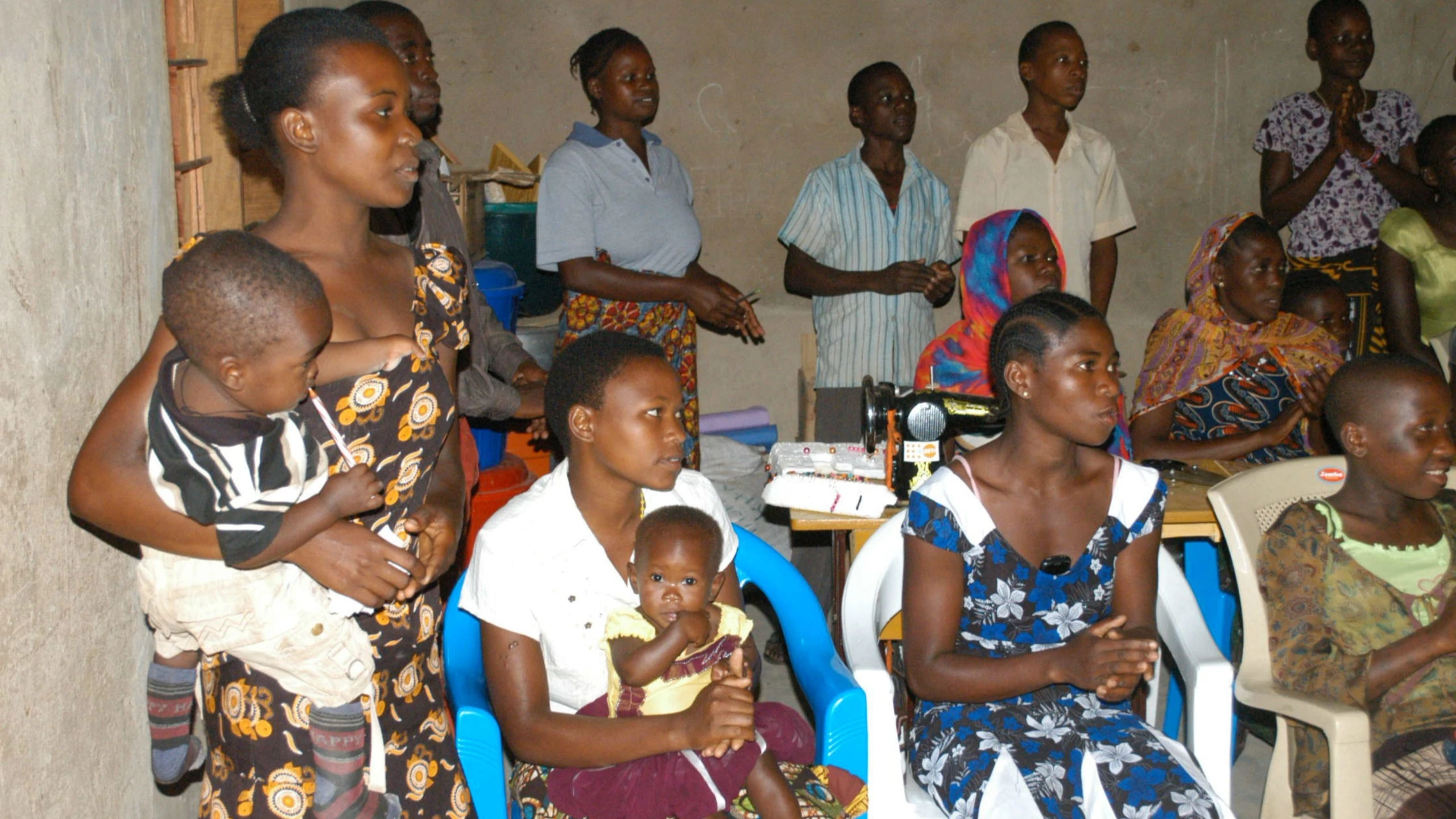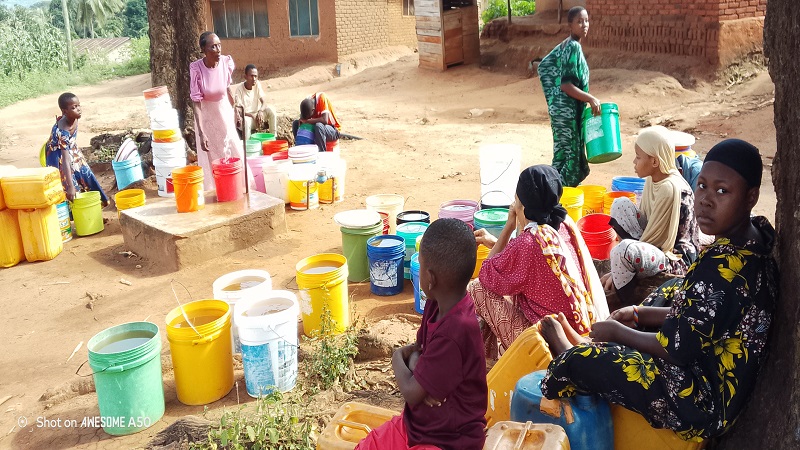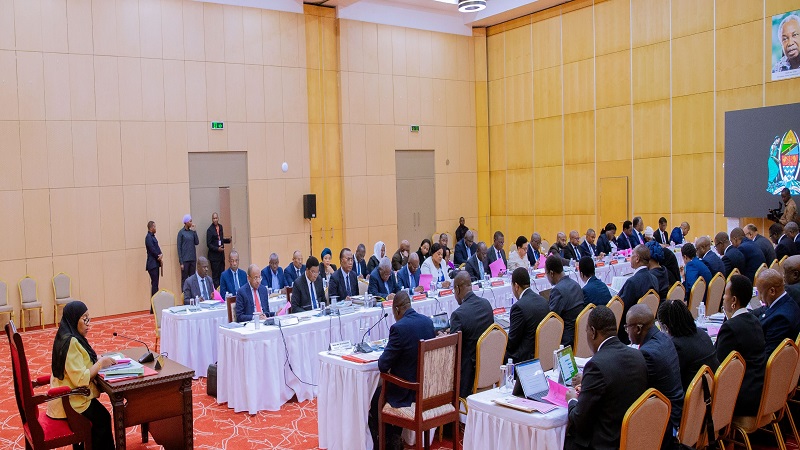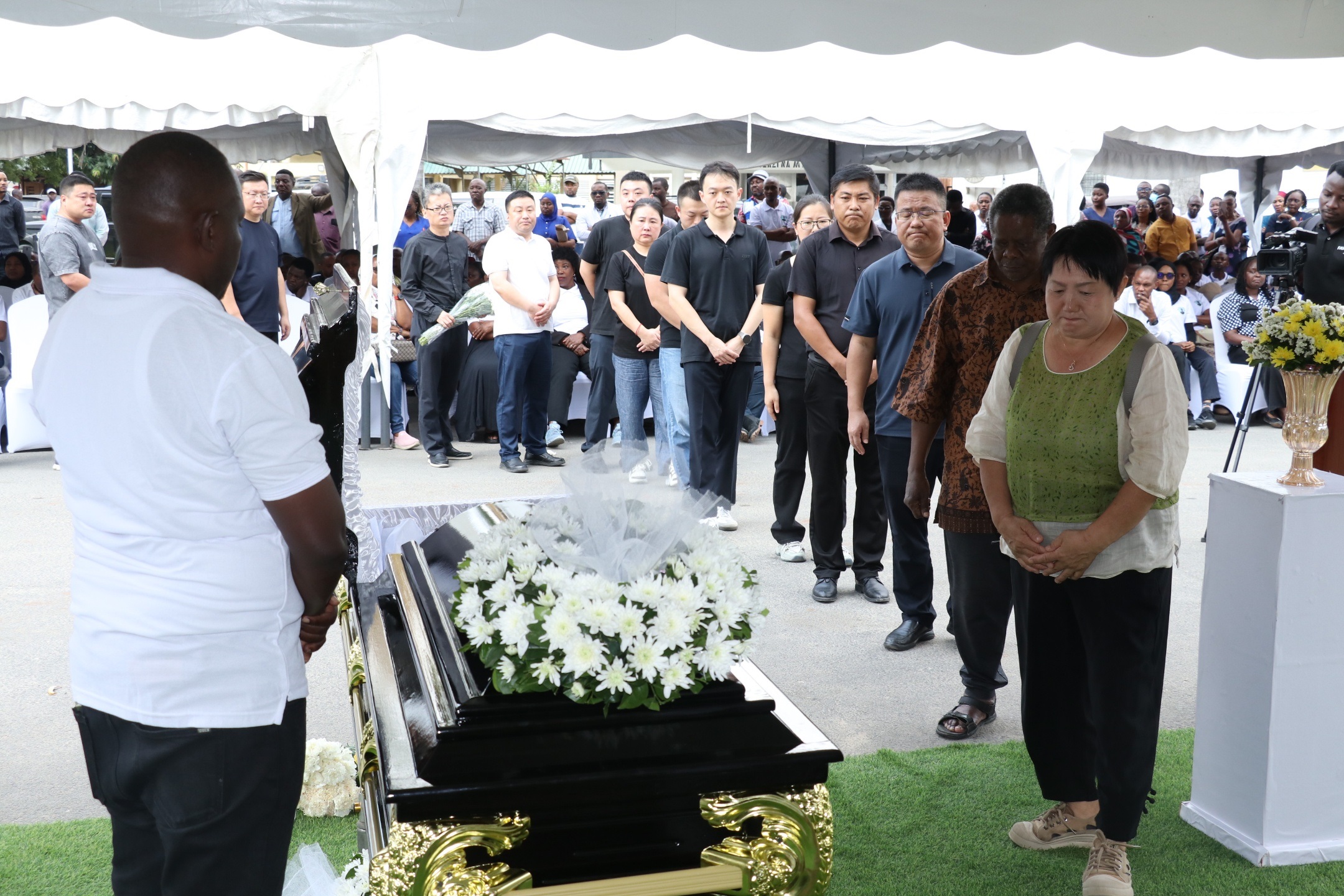Coffee growers in Manyara earn 116.8m/- in 2024/25FY

COFFEE cultivation in Manyara Region has significantly boosted farmers' incomes, generating a remarkable 116.8m/- from sales during the 2024/2025 financial year.
This success has prompted local cooperative leaders to strategise for further expansion, even as they prepare to seek presidential intervention over concerns about land encroachment on their farms.
According to a recent statement by Yuda Sulle, chairman of the board of directors for the Regional Cooperative Union (RIVACU), the cooperative successfully harvested 7,620 kilograms of coffee from the Dareda Farm last season. Sulle proudly noted that the coffee produced by RIVACU was recognised for its high quality in the global market, leading to sales conducted in US dollars, thereby providing crucial foreign exchange rather than solely relying on Tanzanian shillings.
Buoyed by the superior quality and lucrative returns of their coffee, RIVACU has outlined strategic plans to further increase production. Their objective is to ensure that their coffee consistently meets stringent international standards, coupled with meticulous care throughout the cultivation process. As part of this expansion, the cooperative intends to plant 5,000 modern coffee seedlings, a move projected to substantially boost overall coffee output and significantly enhance revenues for the cooperative and its members.
To safeguard the interests of the individual farmers, Halfan Matipula, the Babati District Administrative Secretary, urged cooperative leaders to strictly adhere to government directives designed to protect farmers from any form of exploitation. This emphasis on farmer welfare underscores the government's commitment to ensuring that the benefits of increased production are equitably distributed.
Meanwhile, a pivotal decision was made during RIVACU's 35th general meeting: the board of directors unanimously resolved to seek an audience with President Samia Suluhu Hassan at State House. The primary purpose of this visit is to directly apprise the President of the pressing challenges the cooperative faces regarding land encroachment and the prevailing uncertainty surrounding the ownership and security of their cooperative farms.
The resolution explicitly aims to seek the President's intervention and assistance in reclaiming their lands, thereby enabling the cooperative to continue its development initiatives without hindrance and to prevent their valuable assets from being seized by unscrupulous individuals.
Michael Txasara, a general meeting member representing Dareda, underscored the profound importance of this proposed meeting with the Head of State. He stated that it is crucial to convey their plight directly to the President, recognizing that all land in the country ultimately falls under her authority.
Echoing similar concerns, Gerald Gwaha, another member from Karatu District, lamented the state of RIVACU farms in his district. He reported that these farms have become overgrown and unproductive, transforming into wilderness, which results in significant losses for both RIVACU and, consequently, the government through lost revenue.
Providing broader context on Tanzania's coffee sector, the Tanzania Coffee Board (TCB) confirms that the nation primarily produces two main types of coffee: Arabica and Robusta. Arabica coffee accounts for an average of 60.9 percent of the total national production, while Robusta makes up the remaining 39.1 percent.
Tanzania holds a significant position on the African continent, ranking fourth among 25 coffee-producing countries. Arabica coffee is extensively cultivated across several regions, including Kilimanjaro, Arusha, Manyara, Tanga, Iringa, Mbeya, Kigoma, Mwanza, Katavi, Mara, Njombe, Songwe, Geita, and Ruvuma. In contrast, Robusta coffee is primarily grown in the regions of Kagera and Morogoro. This diverse geographical distribution highlights the potential for further growth and emphasizes the importance of supporting coffee farmers, like those in Manyara, to unlock the full economic potential of the sector.
Top Headlines
© 2025 IPPMEDIA.COM. ALL RIGHTS RESERVED








